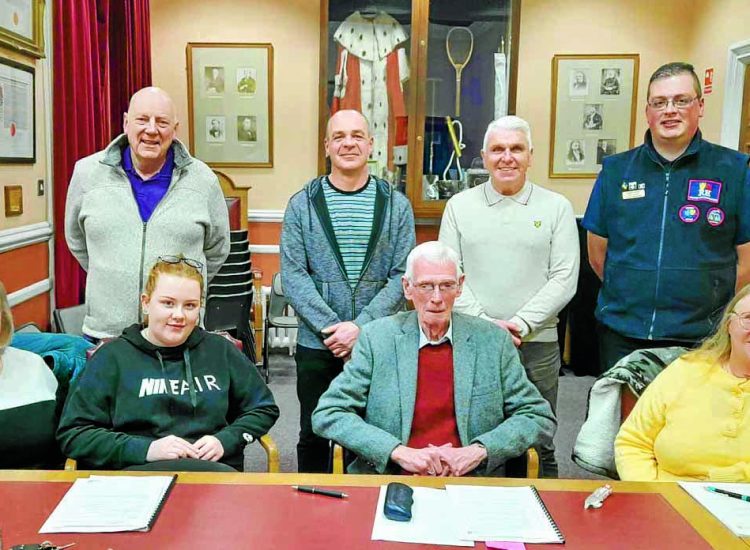Research from the Dumfries and Galloway Royal Infirmary (DGRI) also showed the number of patients going to cardiology services at the hospital for serious heart problems more than halved during lockdown.
The researchers, led by cardiologist Omar Fersia at DGRI, stated that people were still suffering heart attacks during lockdown but were not going to hospital because they feared catching coronavirus and felt they’d put pressure on the NHS.
The study – published in the online journal Open Heart – looked at key performance indicators in cardiology services in Dumfries and support services at the Golden Jubilee Hospital in Glasgow before and after lockdown.
It showed that there were “significant reductions” to the two clinics in March, April and May when compared to months before the pandemic.
The number of patients diagnosed with a heart attack fell by 40 per cent in March and April, from 30 cases to 18.
There were just 18 admissions for chest pain at DGRI during that period too. This compared to 40 between January 21 and February 20, and 35 over the four weeks prior to lockdown.
The study also reported there was a 53 per cent drop in the number of patients attending cardiology services for chest pain and breathlessness, from 83 to 39, in the first month of lockdown.
Researchers stated that while levels rose during the second month of lockdown they were still below pre-lockdown levels, suggesting an ongoing fall in the overall number of patients presenting to cardiology services.
The study warned cardiology services could face a “significant increase” in workload as restrictions eased.
Medical director of the British Heart Foundation, Professor Sir Nilesh Samani, said: “Hospital tests and procedures used to diagnose and monitor a range of heart and circulatory conditions are often among the vital first steps in someone’s treatment journey.
“Delaying them could have a domino effect on the rest of their care, preventing them from accessing the specialist treatments they may need in time.
“This could lead to patients becoming more unwell as they await care and, ultimately, more deaths. As we emerge from lockdown across the UK, the growing backlog of treatments must be urgently addressed.”






















